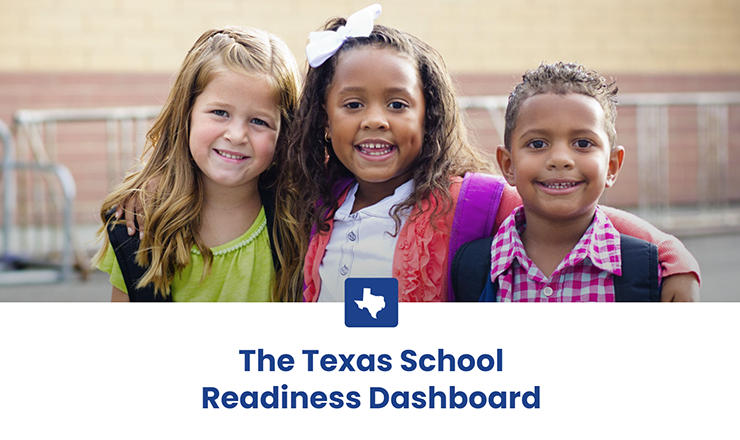RESEARCH BRIEF | B.002.1120
November 2020
Introduction
The COVID-19 pandemic has created numerous challenges for families, particularly those with young children and families of color. Loss of employment has led to the loss of employer-sponsored health insurance, economic insecurity, and food insecurity. Working parents have had to juggle child care, schooling, and care for themselves and their families. In an effort to support families through the crisis, state and federal governments have implemented changes to existing programs to ensure access to needed services; however, many of these temporary changes are slated to expire in the coming months.
Rigorous research conducted prior to the pandemic has shown that many of the policy changes spurred by COVID-19 can positively impact child and family wellbeing, and this brief highlights several examples of COVID-19 policy responses that have created more flexibility and support for existing evidence-based state policies and strategies. States may consider maintaining these changes beyond the pandemic to improve outcomes for infants, toddlers, and their parents.
Summary
The temporary changes that state and federal governments have made in response to COVID-19 provide opportunities to learn more about the positive impacts state policy changes can have on young children and their families.
- States have made access to public health insurance easier and more affordable through changes to Medicaid policy.
- Recent expansions to telehealth access and coverage can make it easier for families to access needed health care, but it will be important to address inequities in technology, especially in rural communities.
- Temporary paid sick leave mandates at the state and federal level can ensure equitable access to paid sick leave, job protections, and improved public health.
- Federal emergency paid family leave has supported parents in caring for children during the pandemic, and states can implement their own paid family leave programs to positively impact child and family outcomes.
- States have made it easier for families to access and keep their SNAP benefits during the pandemic, and reductions in administrative burden can boost SNAP participation and reduce family food insecurity.
- Federal funding allowed states flexibility to modify child care subsidy policies to offer additional assistance to families and providers, and ongoing flexibility and state funding can support child care providers and families facing uncertainty and challenges post-pandemic.
Download the full research brief: Beyond the Pandemic: State Policy Options for Supporting Families (PDF)
Recommended Citation
Prenatal-to-3 Policy Impact Center. (2020). Beyond the pandemic: State policy options for supporting families (B.002.1120). Child and Family Research Partnership. Lyndon B. Johnson School of Public Affairs, University of Texas at Austin. https://pn3policy.org/resources/beyond-the-pandemic-state-policy-options-forsupporting-families.
© November 2020, Prenatal-to-3 Policy Impact Center, All Rights Reserved. The Prenatal-to-3 Policy Impact Center at The University of Texas at Austin LBJ School of Public Affairs translates research on the best public investments into state policy actions that produce results for young children and society.



